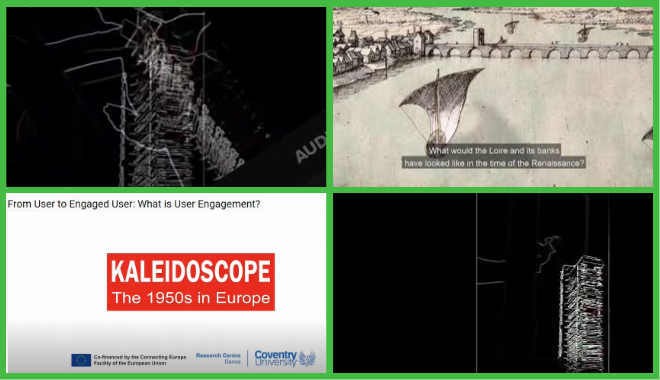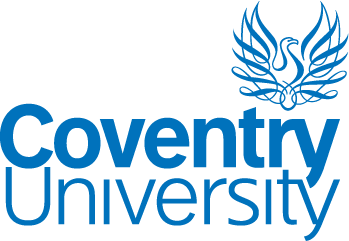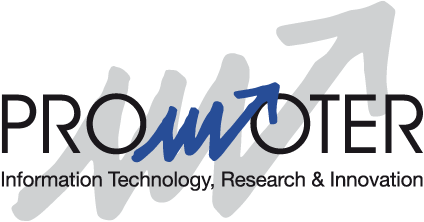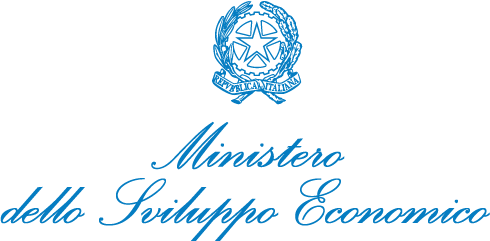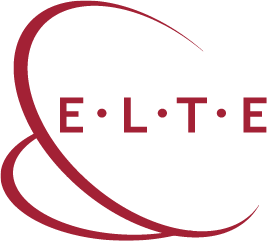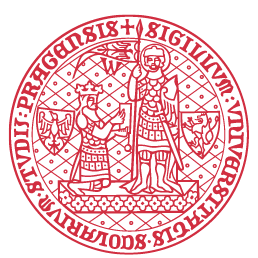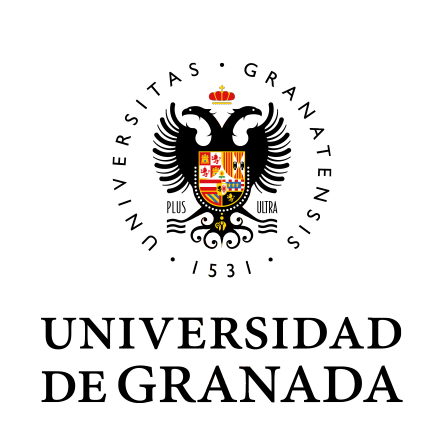· heritage as means to analyse (through an historical, literary, archaeological lens) how past societies adapted to rapid change; artistic creativity as a way to explore experiences of change and possible futures;
· understanding – with regard to heritage and artistic creation – the impact, audience reception and implications of technology (social media, 3-D-printing, interactive holograms and deepfakes), and the relationship to generational change (the transmission of traditions and practices facilitated by digital tools);
· challenges to the role of institutions as arenas of reliable and authentic knowledge; how notions and practices of authenticity work in different languages, countries and subcultures; use of new forms of communication and collaboration (crowdsourcing); the role of social media in disseminating andhelping to form views in relation to, for example, Islamophobia
· analysing the relationship between new, institutional ecosystems and high quality cultural production and artistic innovation; understanding issues around commercialisation and intellectual property rights – particularly folk traditions and crafts.

